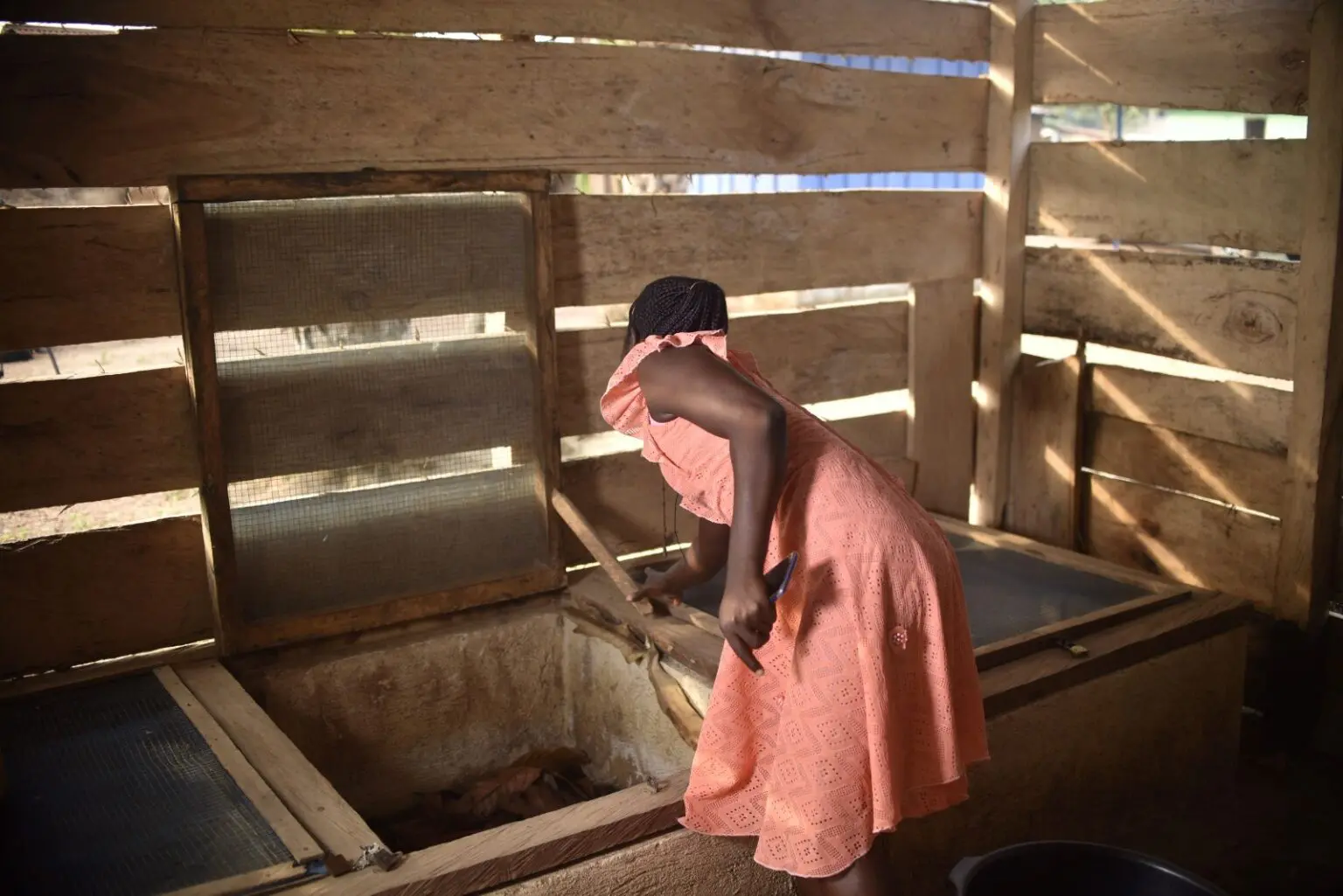
Francisca Bernie, a 30-year-old woman from Sefwi Kama in the Bodi District of the Western North Region, has trained some people in Bodi, Dwaaboso and Kama where she hails on how to rear snails to help eradicate poverty and unemployment in those areas.
According to Francisca, who received some training and incentives from Rainforest Alliance, an international non-profit organization under the LEAN Project funded by the European Union, it is important for the youth to harness some skills in order to be able to provide for themselves since finding a job these days is difficult.
LEAN, which stands for Landscapes and Environmental Agility across the Nation, is a four-year project which aims to directly support national efforts to conserve biodiversity, improve the livelihoods of small-scale farmers, build climate resilience, and reduce emissions from land-use changes across Ghana’s savannah, high forest, and transition zones.
Francisca Bernie, who is also a trader, is one of the many people who have been trained under the project.
She said: “Snails are reared in the evening so during the day I can go and take care of all my business and come back in the evening to feed them. That is why I chose to rear snails and after my training, a lot of people have come to learn from me.”

She added that it was time that people stopped depending on the government for everything.
“I think that we as the youth shouldn’t depend on the government because even if the government decides to give everyone money, it would not be enough. However, if we join initiatives like the one Rain Alliance brought to our community and learn well, we will be able to provide for ourselves.”
EU LEAN Project is being implemented by a consortium of four partners including the Rainforest Alliance (RA), Tropenbos Ghana (TBG), EcoCare Ghana, and World Vision Ghana, and working closely with the EU delegation, private sector, and local communities.
3news/African Eye Report


